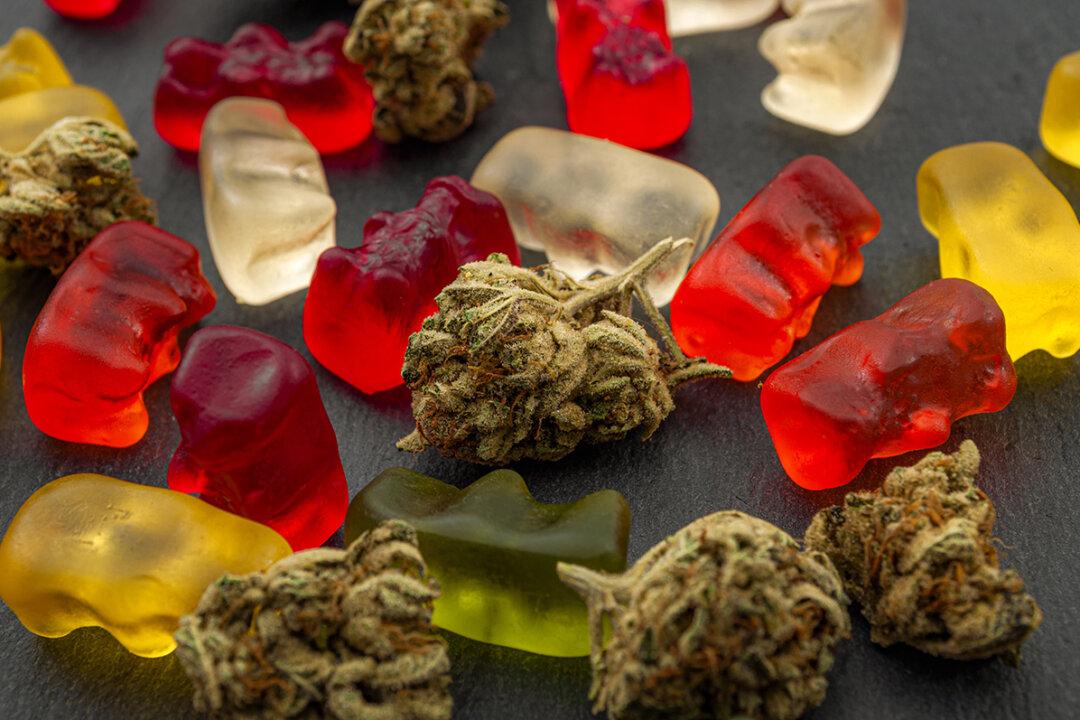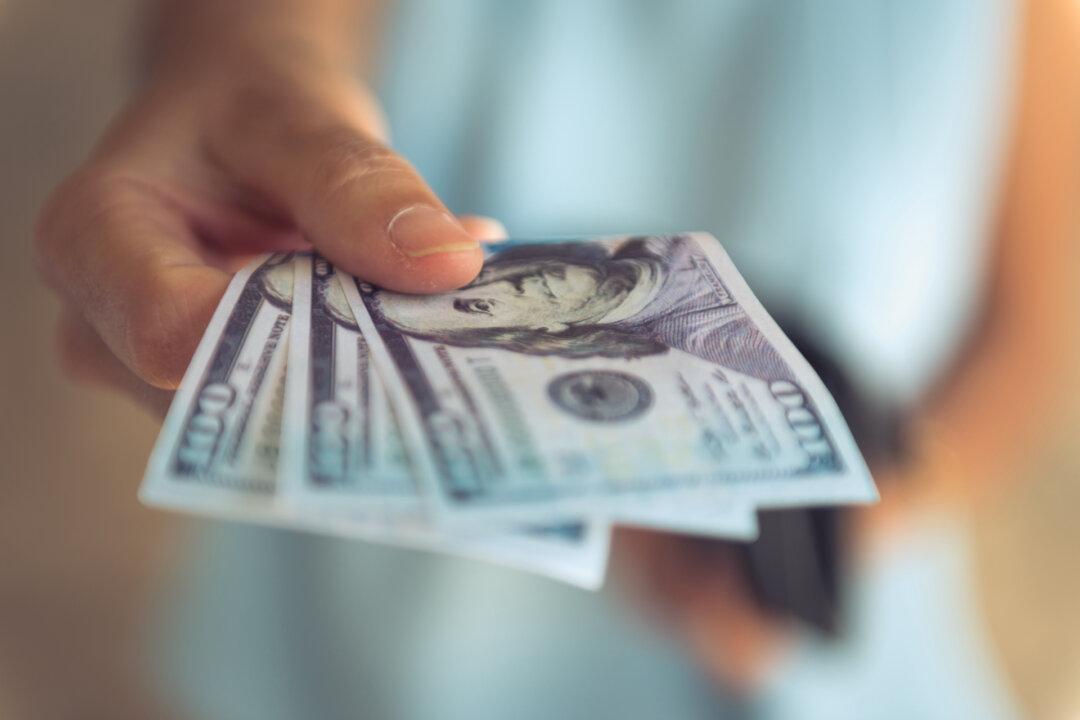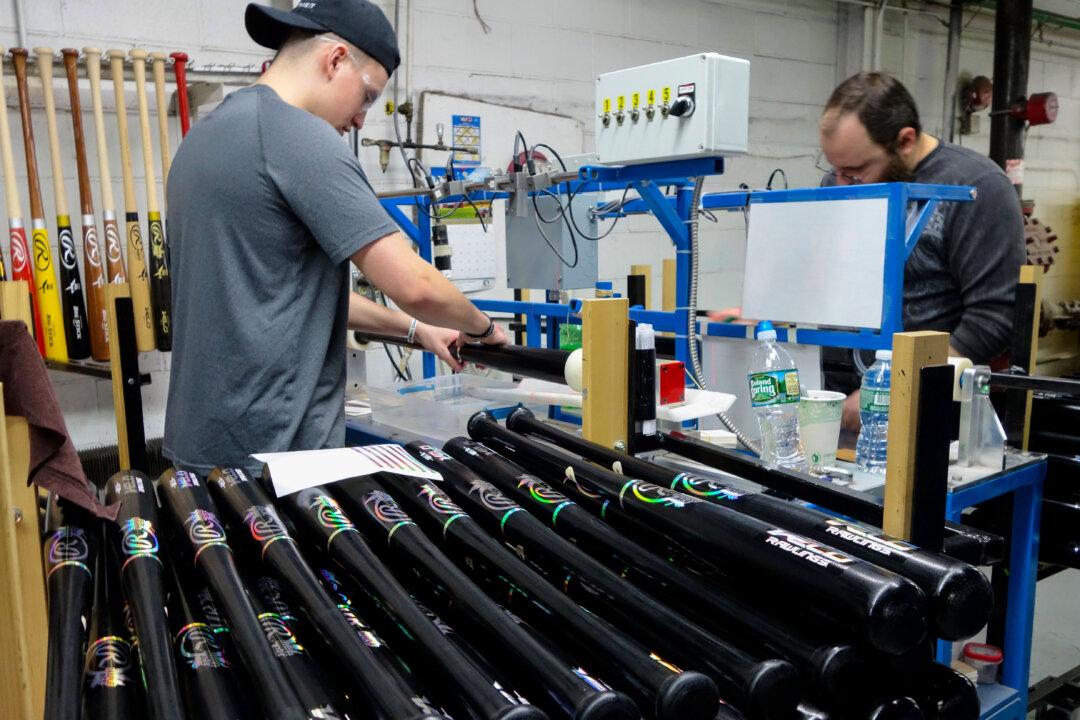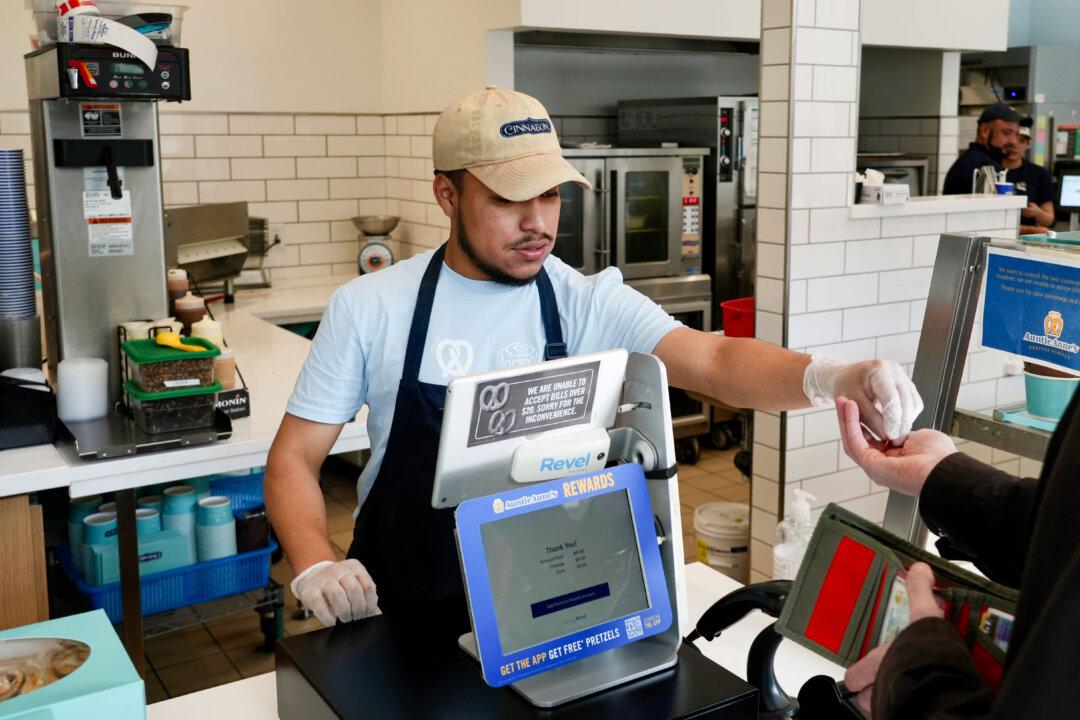This year, the American Heart Association surveyed more than 2,500 teens and found that 70 percent of THC vapers reported experiencing anxiety symptoms such as worrying, flashbacks, panic attacks, and anxiety over the previous week. That compared to 40 percent of those who had never vaped. A Columbia University study also found that teens using cannabis recreationally are two to four times as likely to develop psychiatric disorders, including depression and suicidality, compared to teens who don’t use cannabis. So, with all this incredibly daunting information in front of us, why is the United States so gung-ho about making cannabis legal in all states?
“Follow the money. That’s why we haven’t learned anything. There are a lot of powerful interests who think they can make money from us,” Boston University professor of health law, policy and management Dr. David Jernigan said to The Epoch Times. “There’s a constellation of reasons, but one is that there’s a lot of money involved, and that money is speaking louder than anyone else.”





